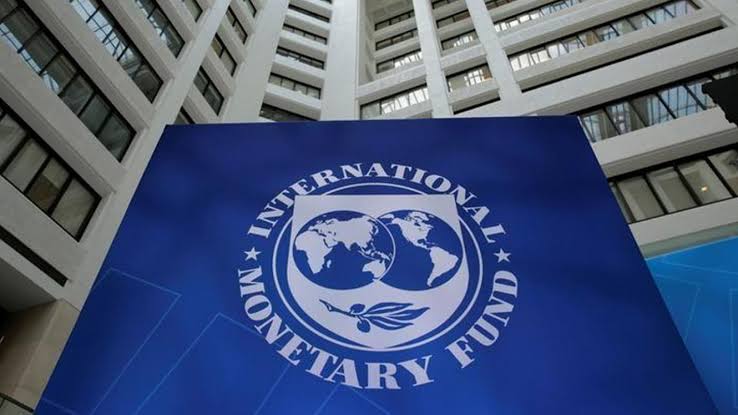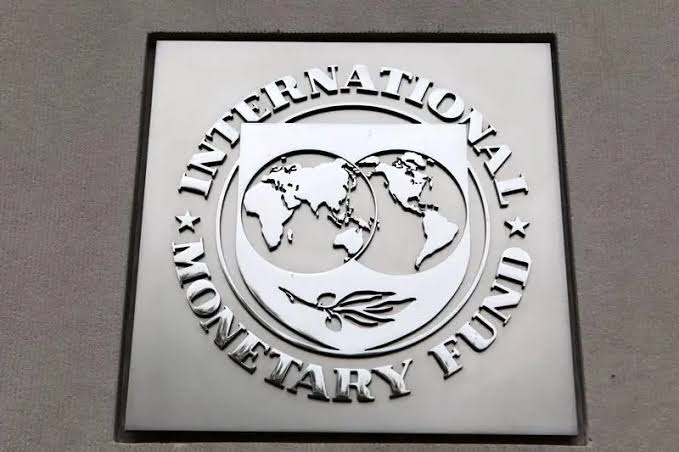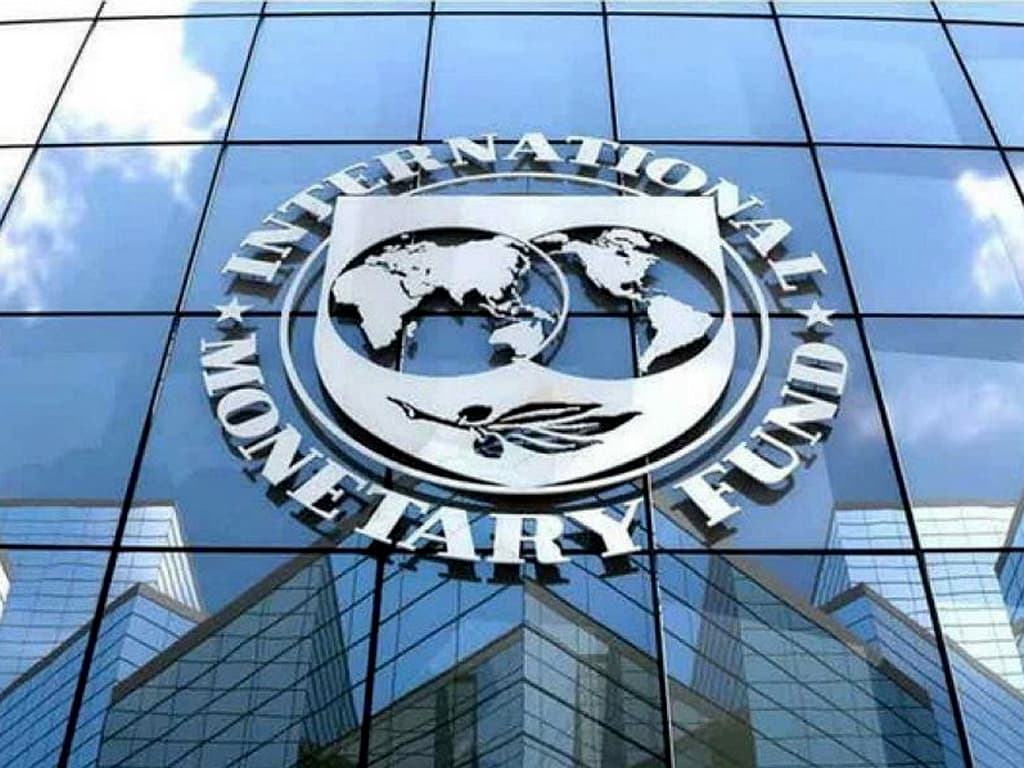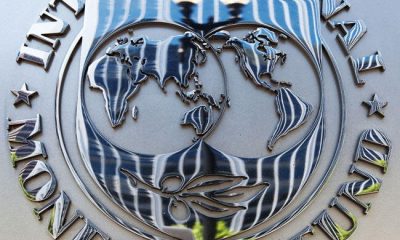News
IMF Offers Guidance To African Nations On Preventing Debt Crises

Eko Hot Blog reports that The International Monetary Fund (IMF) has made some recommendations on policy actions African leaders must take to avoid a debt crisis, as they attain high-risk status.
In a report on Tuesday, titled, ‘How to Avoid a Debt Crisis in Sub-Saharan Africa’, IMF said the average debt ratio in the region has almost doubled in 10 years.

EDITOR’S PICKS
- Ogun Records Cholera Outbreak, Warns Residents
- Mohbad’s Mother Insists Son Was Killed, Says He Lived In Fear After Meeting Naira Marley
- Umahi Reveals How Tinubu’s Administration Inherited N14 Trillion Road Project
The fund said the average debt ratio to gross domestic product (GDP) has increased to 60 percent as of 2022, rising from 30 percent reported at the end of 2013 — which makes debt repayment costlier.
“The region’s ratio of interest payments to revenue, a key metric to assess debt servicing capacity and predict the risk of a fiscal crisis, has more than doubled since the early 2010s and is now close to four times the ratio in advanced economies,” the IMF said.
In the report, the IMF said more than half of the low-income countries on the continent are at high risk or already in debt distress as at the end of last year.
With the trends sparking concerns of a looming debt crisis in Sub-Saharan Africa, the IMF identified five policy actions African governments can take to preserve the sustainability of public finances and also achieve their country’s development goals.
AFRICAN GOVERNMENTS SHOULD RE-ANCHOR FISCAL POLICY
One of the five key decisions IMF suggested to African governments is to re-anchor fiscal policy through a credible medium-term strategy to avoid a debt crisis.
“In most sub-Saharan African countries, fiscal policy focuses excessively on short-term goals and is not guided by a clear medium-term strategy. This lack of anchoring has resulted in frequent breaches of fiscal rules and ever-increasing public debt levels,” the firm wrote in its report.
“A more strategic approach to fiscal policy would be preferable by setting explicit debt targets that integrate key policy trade-offs between debt sustainability and development objectives, rather than focusing narrowly on short-term fiscal deficits.
“The paper suggests a novel approach to estimating country-specific medium-term debt anchors, which ensures that debt service costs remain manageable.”
Listing other solutions, the IMF told African governments to undertake fiscal adjustment to bring debt back to a safer level, strengthen budget institutions to improve the implementation of fiscal plans and get people on board while anticipating public resistance to reforms.
The multilateral also said mobilising more domestic revenue through the elimination of tax exemptions or digitalising filing and payment systems is key to avoiding a debt crisis as well.
“Sub-Saharan African countries tend to rely excessively on expenditure cuts to reduce their fiscal deficits,” the firm said.
FURTHER READING
- UNIJOS VC Confirms Fees Reduction Amid Protest
- [BREAKING] Osun: Gov. Adeleke Imposes Curfew On Two LGAs
- JUST IN: Whitemoney Evicted From BBNaija All Stars
“Although this may be warranted in some circumstances, revenue measures, like eliminating tax exemptions or digitalizing filing and payment systems, should play a greater role.”
The IMF noted that mobilising domestic revenue is less detrimental to growth in countries where initial tax levels are low, whereas the cost associated with reducing expenditures is particularly high given Africa’s large development needs.
Click to watch our video of the week
Advertise or Publish a Story on EkoHot Blog:
Kindly contact us at [email protected]. Breaking stories should be sent to the above email and substantiated with pictorial evidence.
Citizen journalists will receive a token as data incentive.
Call or Whatsapp: 0803 561 7233, 0703 414 5611














